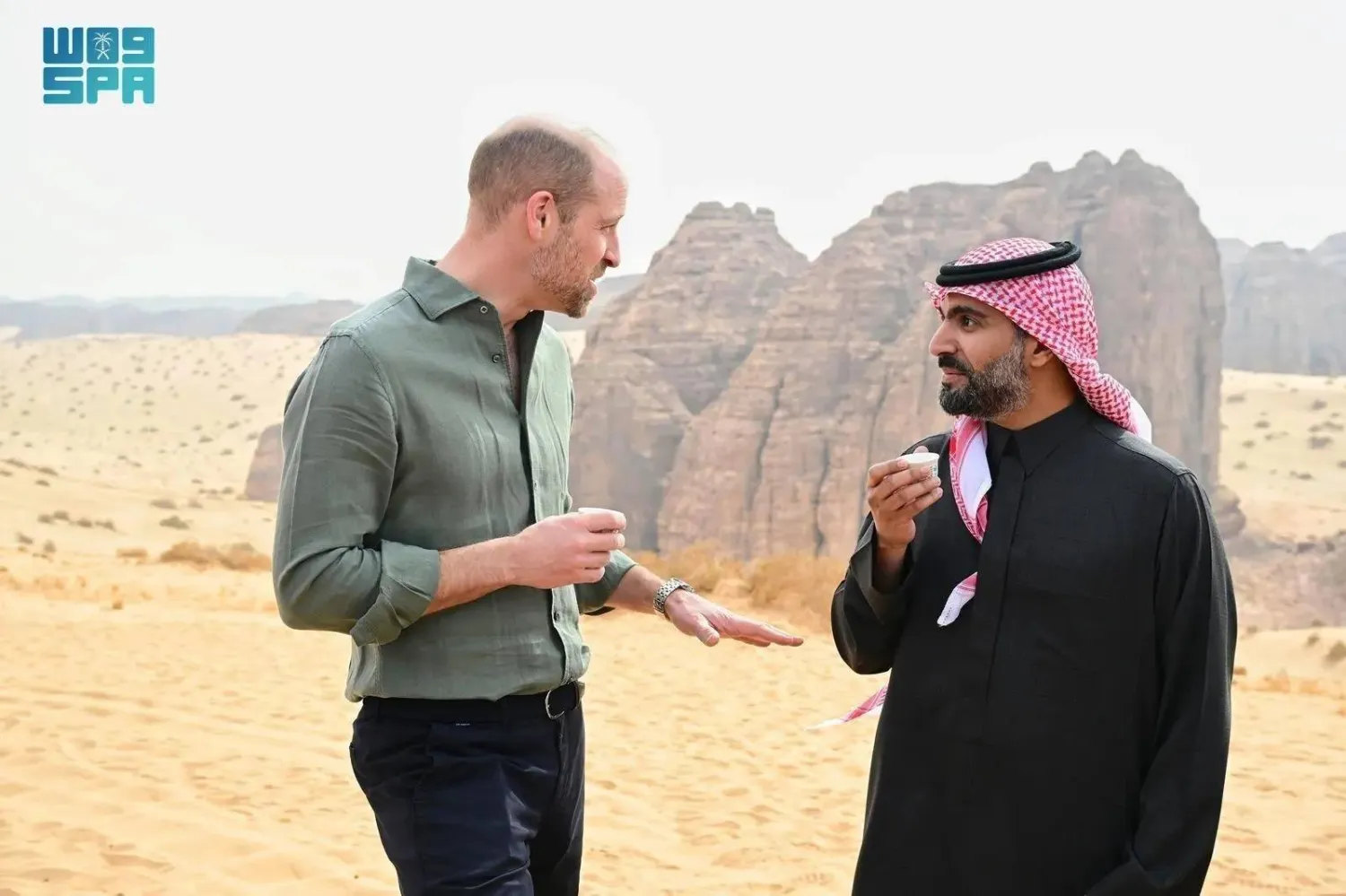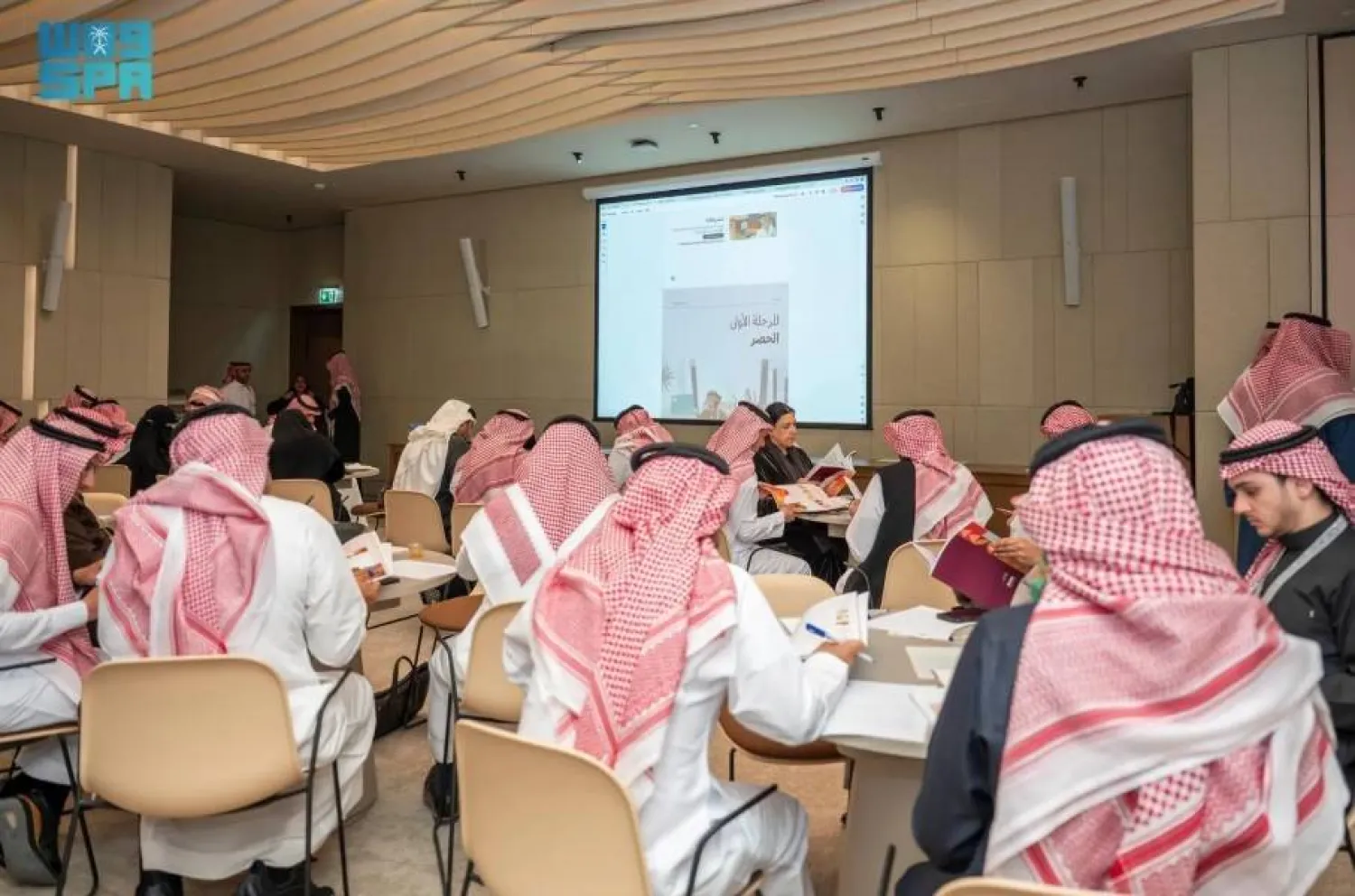Saudi Assistant Minister of Culture Rakan Al-Touq held talks in Riyadh on Wednesday with the UK's Parliamentary Under Secretary of State of Department for Culture, Media and Sport, Lord Stephen Parkinson.
They met on the sidelines of the 45th Extended Session of UNESCO's World Heritage Committee, which is taking place in the Saudi capital from September 10 to 25.
Al-Touq welcomed the British official to Saudi Arabia and extended his gratitude to the UK for announcing support for the Kingdom’s nomination to the UNESCO Executive Board for the term 2023-2027 term.
The officials discussed the existing cooperation and stressed the importance of developing bilateral relations within the framework of the memorandum of understanding for cultural cooperation that was signed in February 2022.
They also looked forward to cooperating in developing various projects in the heritage and museum fields.
Al-Touq also met with Iranian Vice Minister of Cultural Heritage, Tourism and Handicrafts Dr. Ali Darabi, who was also attending the UNESCO event.
The officials discussed ways to boost cultural cooperation in various fields.









